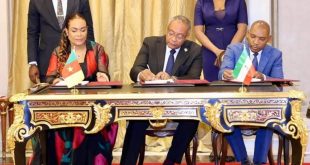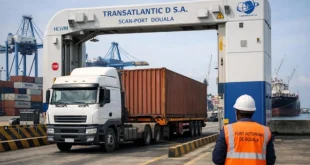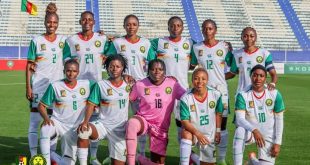CameroonOnline.ORG | Cameroon entered a tense silence on Monday as citizens responded to an unprecedented call for three days of “villes mortes” (dead cities) across the country, in protest against the recent presidential election results. The call was issued by Issa Tchiroma Bakary, the opposition candidate who claims he actually won the 12 October election and rejects the official outcome.
The opposition figure urged Cameroonians to demonstrate peacefully by suspending business and social activity, arguing that this “silent strike” would show national discontent. The movement gained particular traction in major cities such as Douala and Garoua, where political tensions have been simmering since the announcement of the election results.
In Douala, the atmosphere was described as uneasy and uncertain. RFI reported that administrators, businesses, schools, and transportation services were expected to shut down in principle. One shopkeeper, Christian, located near the Carrefour Conquête area, said he would keep his store closed “for my own safety and given the tensions between the two camps.” Another merchant, William, explained that his decision to close was motivated by solidarity rather than fear. “There is a call that has been made. Meanwhile, the authorities provide us no guarantee,” he told RFI.
Residents also expressed anxiety about the potential for violence and economic losses. Geremy, a middle-aged resident of Douala, lamented the damage caused by previous demonstrations — cars torched, service stations ransacked — calling it “regrettable that tires placed on roads and billions in investment can evaporate like this.”
According to early observations, the capital, Yaoundé, appeared to be less affected by the protest movement, with daily life continuing more normally than in other major cities.
On the government side, officials have described the opposition’s initiative as a threat to national stability. The Minister of Communication, René Emmanuel Sadi, condemned the call for “villes mortes,” warning that security forces would act firmly against any breaches of public order. He also praised the professionalism of law enforcement and criticised what he termed “biased interpretations” from some international observers.
Into this charged atmosphere stepped Samuel Kleda, the archbishop-metropolitan of Douala, whose remarks added further weight to the unfolding crisis. On 1 November 2025, he delivered a strongly worded critique of the government, condemning what he called arbitrary arrests, intimidation and violence that followed the election. He declared, “One does not govern a people with weapons!” and accused the regime of confusing authority with brutality. In his view, the official proclamation of the 12 October results marked the opening of a dark era of repression where citizen expression has become a crime. He warned of a “moral and social disaster,” imploring leaders to listen to the suffering of the people and to rebuild justice as the foundation of peace.
As Cameroon enters this tense phase, many are watching closely to see whether the opposition’s campaign will maintain momentum and whether the government can preserve calm. For now, the quiet streets of the country’s cities reflect both uncertainty and determination — a nation holding its breath in protest.
 CameroonOnline.org Cameroon news, Actualité Camerounaise, live Web TV & Radio, World News and a lot more
CameroonOnline.org Cameroon news, Actualité Camerounaise, live Web TV & Radio, World News and a lot more



